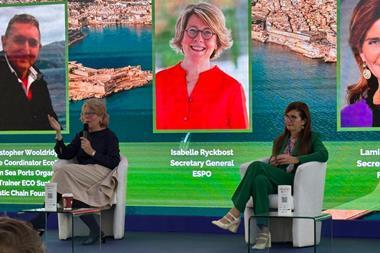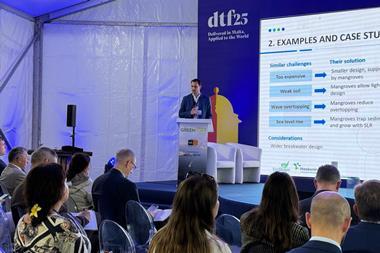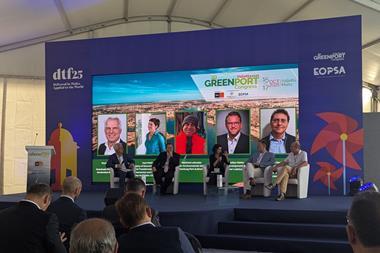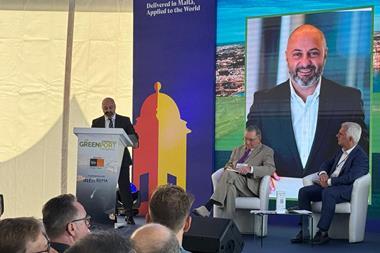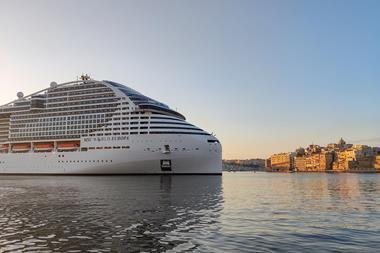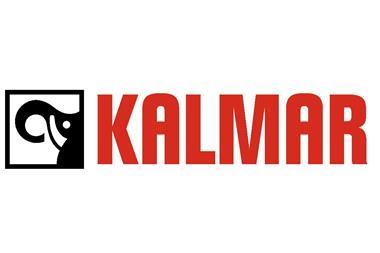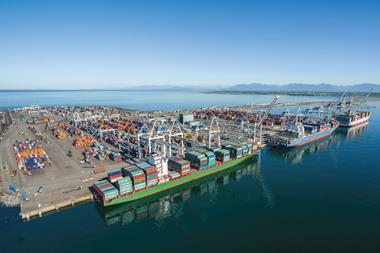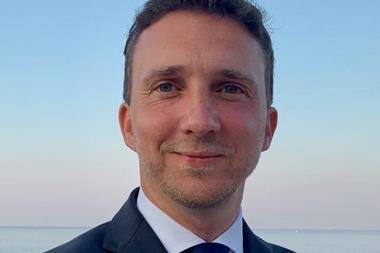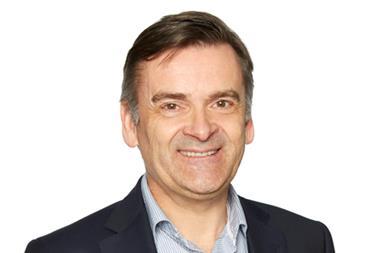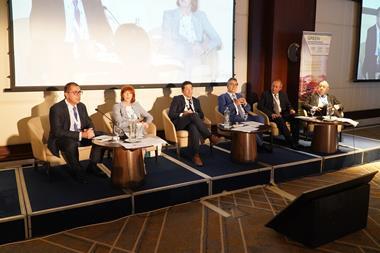The second day at GreenPort Congress saw a sit down discussion on shore power contracts and a frank conversation on the path to implementation.
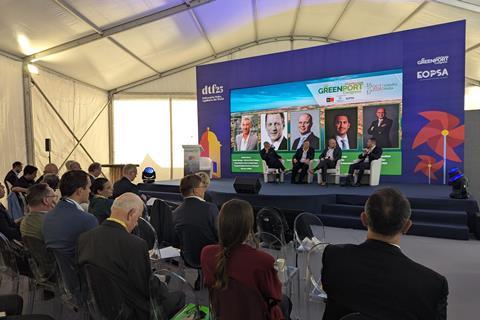
Moderated by Norbert Grech, senior manager - Ports & Yachting Directorate, Transport Malta, discussions centred around ramping up provision and Purchase Power Agreements (PPA) – or in laymans terms, getting a firm commitment to install shore power and a fair price for energy.
Plenty of challenges
Georg Matzku, director shore power, Natpower Marine, outlined the main challenges that are still in the way to expediting more shore power units globally.
“Firstly, fossil fuels are still more attractive than shore power. The other thing is that there is no repercussion for not installing a shore power system, that’s very bad. We need to be clear on our vision for shore power in the future and any penalties that could be incurred for non installation.”
Then, he said, there is the non-EU countries to consider when looking at global uptake. Take the Calais/Dover connection between the UK and France for example. The French side of the connection is electrifying as per the EU requirement he said, the British side isn’t.
He also pointed out that getting a contract signed with the shipping lines is notoriously difficult, especially when it comes to the purchase of electricity and securing a competitive price.
The role of ports
Andreas Slotte, head of sustainability and HSEQ, Port of Helsinki, asked how involved ports should be in the process.
Obviously he said, they should be involved in infrastructure and provision of shore power, but with regards to energy cost and bunkering, many ports see themselves as having zero role to play.
“We could of course be selling the energy ourselves in some cases, but we need transparency on electricity prices, there is huge disparity there and we need more clarity.”
He also talked about market volatility and the role of world events in creating and uncertain market in which to invest, especially on the demand side.
Helsinki has certainly felt the impact of the war in Ukraine, the consequence of which was that St Petersburg, which used to be the crown jewel in many of its cruise routes, was dropped as a destination.
Cruise volume in Helsinki has dropped by 70% as a result.
In this type of scenario, long term agreements are not always wanted or welcomed because they become a risky investment.
Away from this, other challenges that a port like Helsinki faces include weather conditions of course – shore power connections become a lot more challenging to maintain and run in a winter with –20 degree temperatures.
There was agreement from the panel that it’s almost impossible to compare one port to another because investment costs are so different – and some, not all, receive funding. Prices are never clear for a PPA either – especially when electricity costs vary so wildly from country to country.
Every country has a tactic to reduce their own energy costs and Mr Matzku said that the only way around this is to create a standard legal framework built up between the energy giver and receiver.
“I’m confident things will work out in the future but a lot of work needs to be done because energy is not available in the right spots. The legal framework for energy supply is what we should focus on in the next few years,” he said.
Mr Slotte said that the very fact that ports are becoming energy hubs will help with expediting shore power too, but we just need to work out a way to share responsibilities between the relevant parties involved going forward. And we should proceed with caution.



